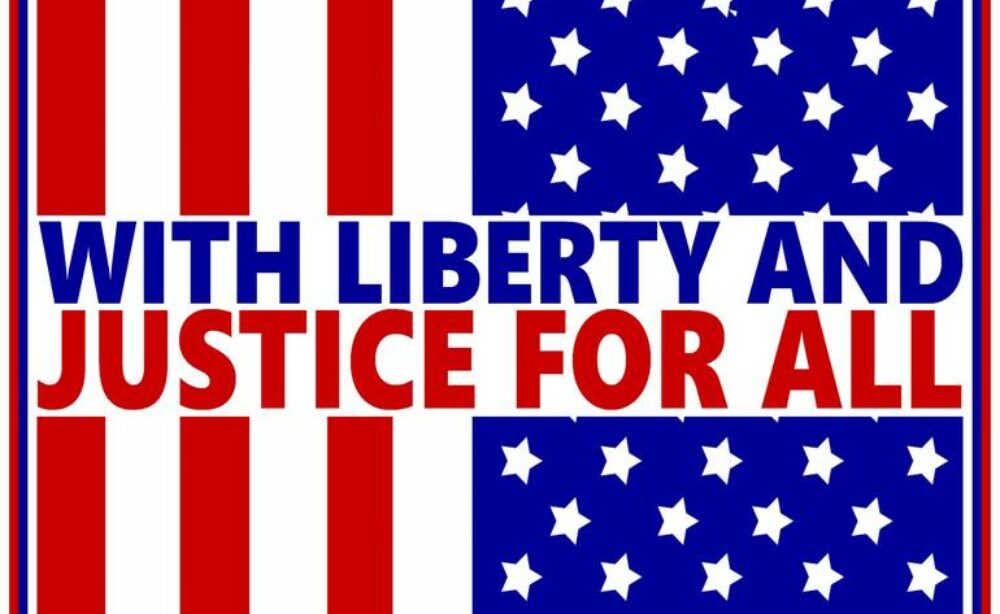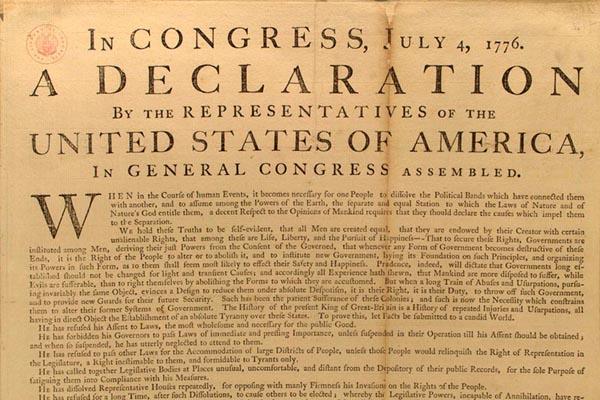Table of Contents
Introduction: Significance of the Declaration
At the core of understanding the Significance of the Declaration lies the essential question: What is the Declaration of Independence? This foundational document, adopted on July 4, 1776, served as the clarion call for the American colonies to break free from British rule. Crafted primarily by Thomas Jefferson, the Declaration boldly asserted the inherent and unalienable rights of individuals, including life, liberty, and the pursuit of happiness. It was not merely a statement of intent but a profound declaration that laid the philosophical groundwork for the birth of a new nation.
The Declaration articulated the grievances of the thirteen American colonies against British tyranny and justified their decision to seek independence. By declaring that governments derive their just powers from the consent of the governed, the document introduced revolutionary principles that challenged established norms of governance. Understanding the historical context and the principles embedded in the Declaration is crucial to comprehending its lasting significance, not just for the United States but for the course of nations seeking freedom and self-determination.
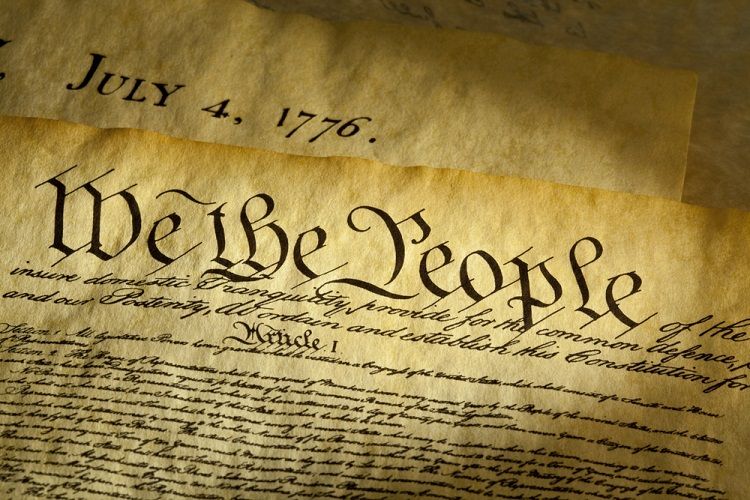
Historical Impact of the Declaration
The historical impact of the Declaration of Independence is profound and far-reaching. In declaring independence, the American colonies not only sought to free themselves from British rule but also set in motion a series of events that would shape the destiny of nations. The document served as a catalyst for the American Revolution, rallying colonists behind the cause of liberty and inspiring them to endure the hardships of war. The very act of declaring independence sent shockwaves across the globe, challenging the established order and inspiring movements for self-determination.
Beyond the Revolutionary War, the Declaration played a central role in the formation of the United States. It became a touchstone for the drafting of the U.S. Constitution and the Bill of Rights, influencing the legal and political structure of the fledgling nation. The principles embedded in the Declaration, asserting the rights of individuals and the idea that governments derive their powers from the people, became enduring pillars of American governance. The historical impact of the Declaration reverberated through subsequent centuries, inspiring independence movements and democratic aspirations around the world.
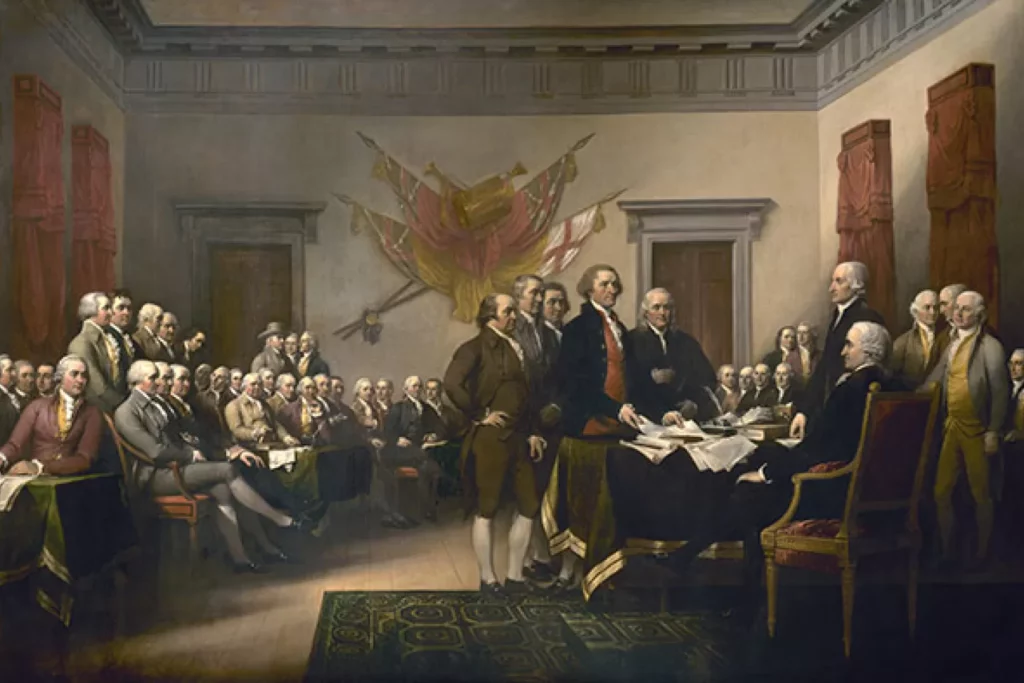
Philosophical Underpinnings
The significance of the Declaration extends beyond its historical impact; it encapsulates profound philosophical underpinnings that have shaped the ideals of liberty and self-governance. Rooted in Enlightenment philosophy, the Declaration drew inspiration from thinkers like John Locke, who posited the idea of natural rights and the social contract. Thomas Jefferson, influenced by these ideas, translated them into the powerful language of the Declaration, asserting that all men are created equal and endowed with certain unalienable rights.
The philosophical underpinnings of the Declaration introduced a transformative concept of government. By asserting that governments exist to secure the rights of the governed and that the people have the right to alter or abolish oppressive governments, the document laid the groundwork for a democratic and participatory form of governance. These philosophical principles became guiding lights not only for the United States but for nations grappling with questions of individual rights and the nature of political authority.
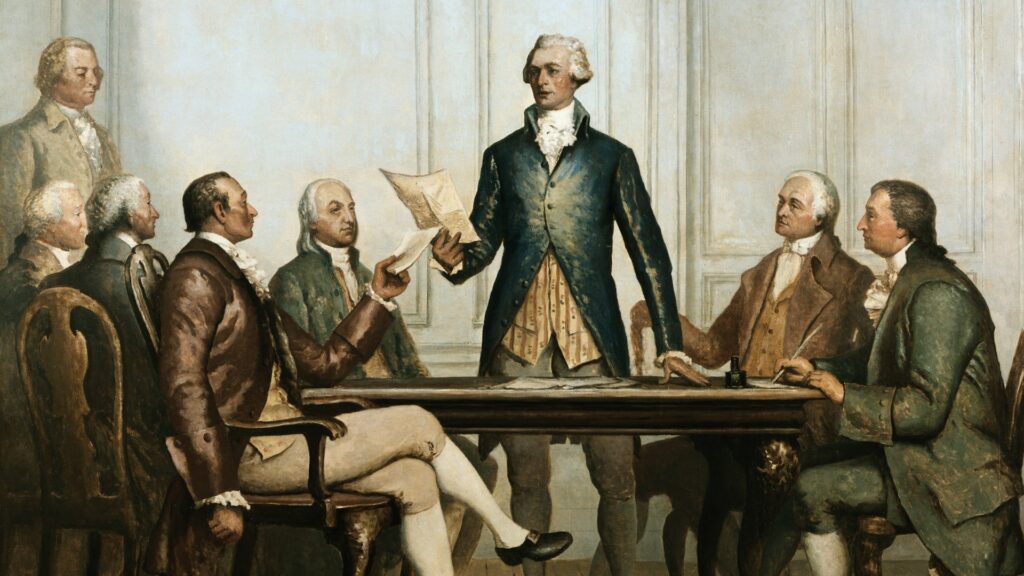
Lasting Influence on American Governance
The enduring influence of the Declaration of Independence on American governance is evident in the very fabric of the nation. The principles articulated in the document have become foundational to the American identity and its system of government. The assertion that governments derive their just powers from the consent of the governed is embedded in the democratic processes of the United States, shaping everything from elections to the structure of the legal system.
The Declaration’s influence is prominently felt in the drafting of the U.S. Constitution. The framers, mindful of the principles espoused in the Declaration, sought to create a government that upheld individual rights and ensured a system of checks and balances. The Bill of Rights, a testament to the enduring impact of the Declaration, explicitly protects fundamental freedoms, echoing the document’s emphasis on liberty and the rights of citizens.
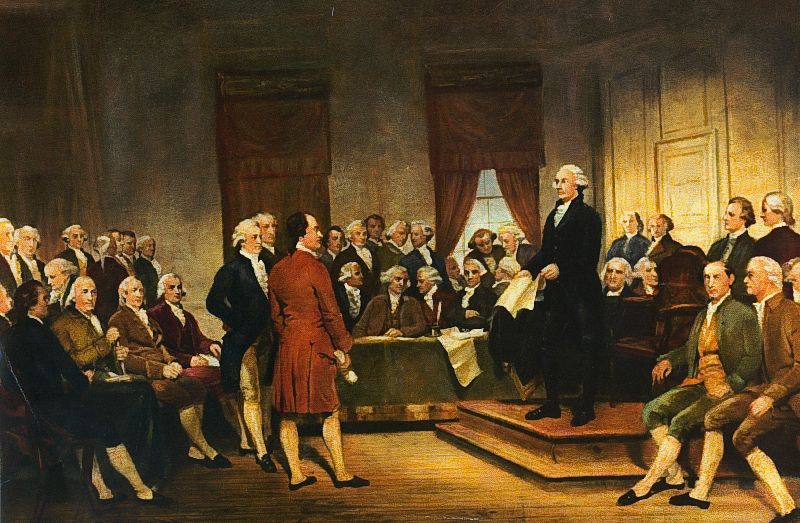
Cultural and Global Impact
The cultural and global impact of the Declaration of Independence extends beyond the borders of the United States. Its words, declaring that all individuals are created equal and possess inherent rights, resonate with universal aspirations for freedom. The document served as a source of inspiration for subsequent generations, influencing movements for liberty and self-determination around the world.
The principles of the Declaration found echoes in various historical struggles, including abolitionist movements, women’s suffrage, and civil rights movements. Leaders and thinkers from diverse cultures have invoked the ideals of the Declaration in their quests for justice and equality. The global impact of the document transcends its original context, making it a symbol of the universal desire for human rights and dignity.
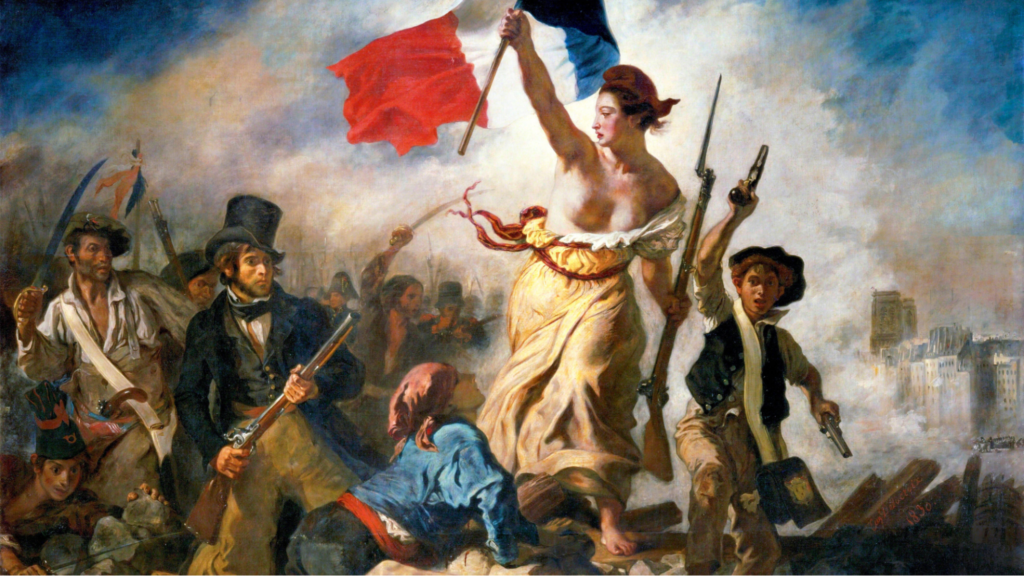
Conclusion: A Timeless Beacon
In conclusion, the Significance of the Declaration reverberates through the corridors of history, shaping the course of nations and standing as a timeless beacon of liberty. From its historical roots in the American Revolution to its profound philosophical underpinnings, the Declaration has left an indelible mark on the governance, culture, and global aspirations for freedom.
As we reflect on the enduring impact of the Declaration of Independence, let us recognize its role not just as a historical document but as a living testament to the universal yearning for self-determination and individual rights. Its principles continue to guide nations in their pursuit of justice, equality, and the noble ideals embedded in those immortal words: “We hold these truths to be self-evident, that all men are created equal, that they are endowed by their Creator with certain unalienable Rights, that among these are Life, Liberty and the pursuit of Happiness.”
In our collective journey toward a more just and enlightened world, may the Significance of the Declaration remain a guiding star, reminding us of the transformative power of ideals and the enduring quest for human dignity.
For More Information About the Declaration See This Link!
United States Declaration of Independence – Wikipedia

